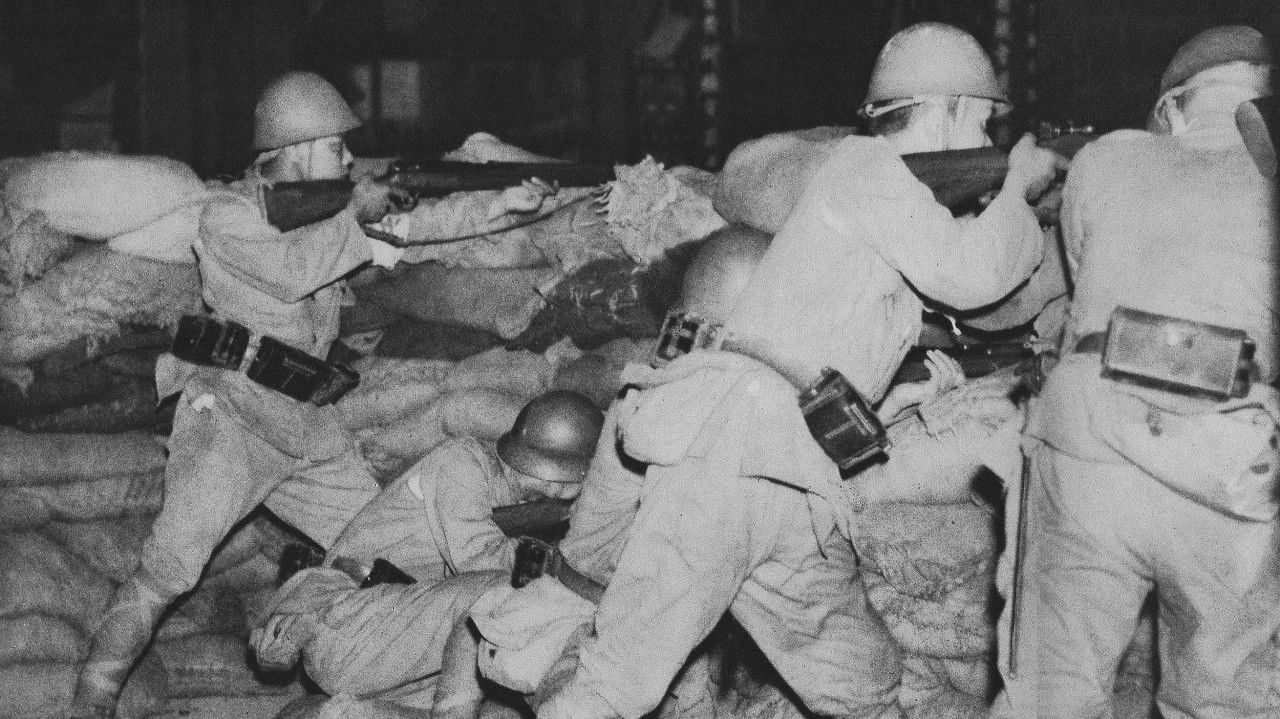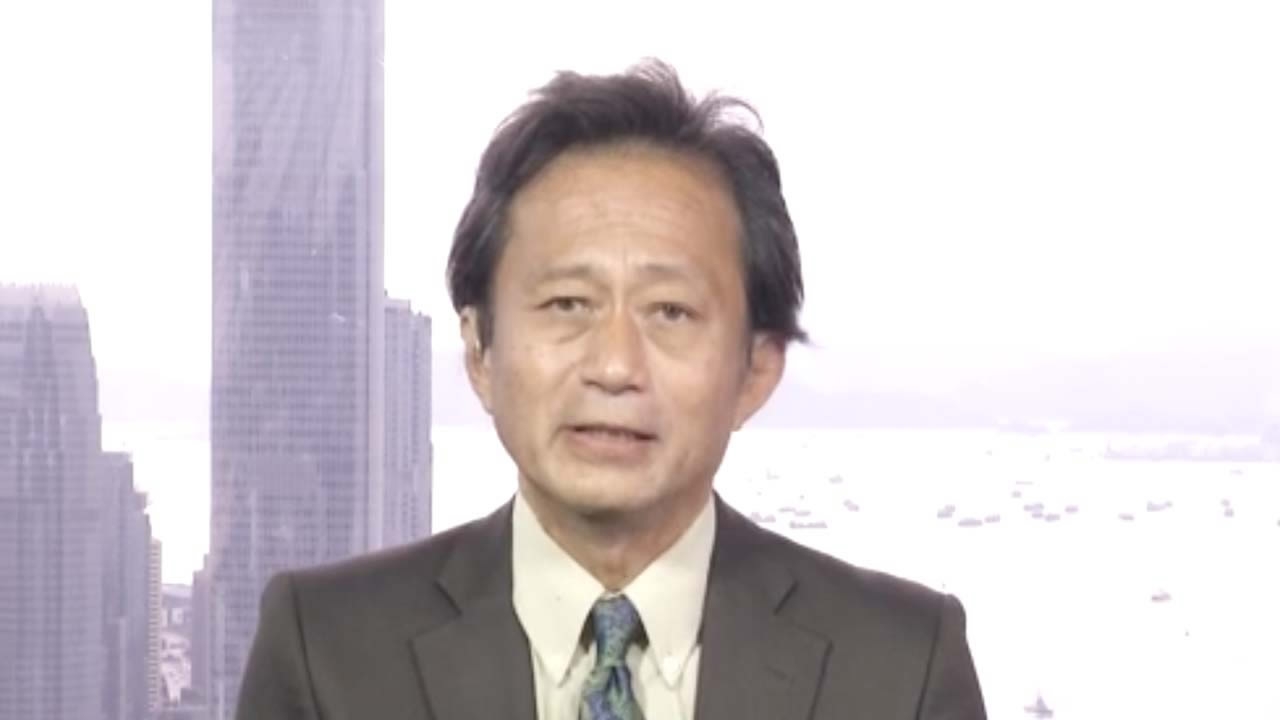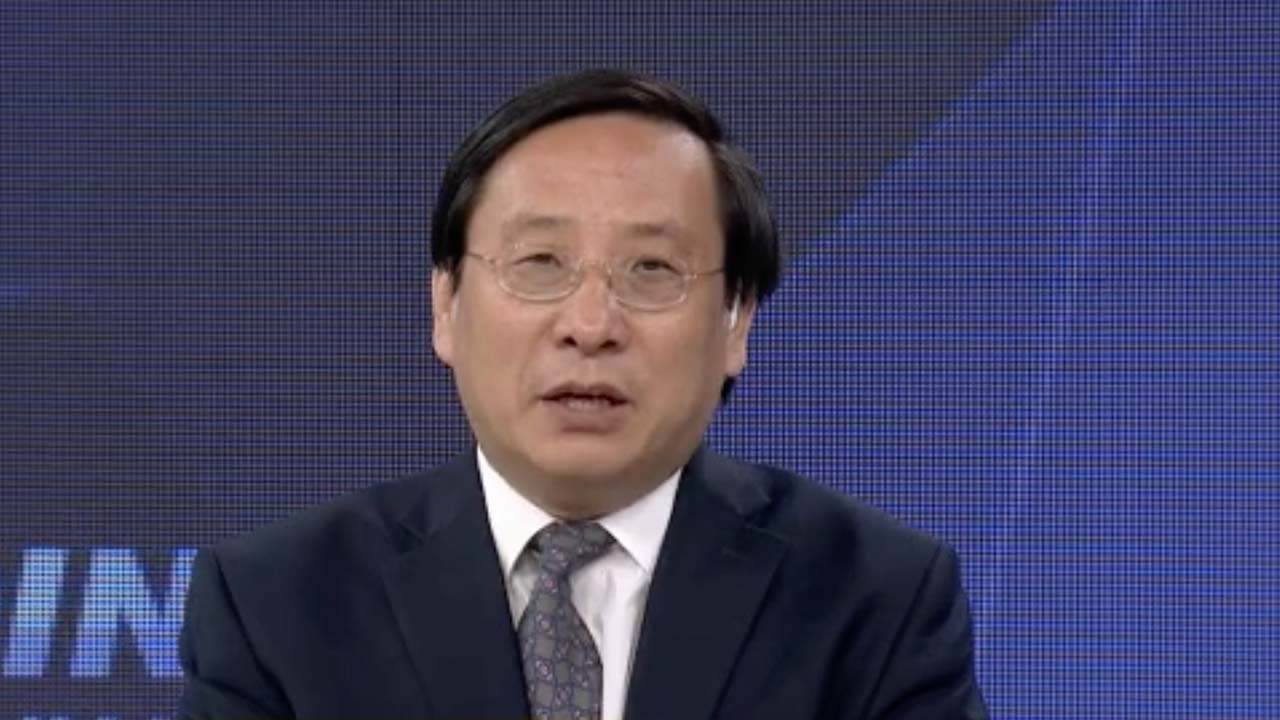
Politics
22:41, 07-Jul-2017
Eighty years on from war, experts accuse Japan of whitewashing ‘those atrocious years’

By CGTN’s The Point
Japanese and Chinese experts have slammed Japan’s whitewashing of its wartime aggression on the 80th anniversary of the “Marco Polo Bridge Incident”, the skirmish on the outskirts of Beijing seen as the start of the Second Sino-Japanese War.

“Our political establishment in Japan just has not yet come to terms with the realities of the war and the war responsibility on their part,” Yoichi Shimatsu, a former editor with the Japan Times Group in Tokyo, said.
On July 7, 1937, the Japanese army, granted rights to station troops in certain parts of China under a deal signed some 30 years earlier, conducted a drill near Marco Polo Bridge without informing the Chinese garrison. The Japanese claimed that one of their soldiers had gone missing during the drill and demanded they cross the bridge to search for him. When their demand was refused, the Japanese opened fire.
Shimatsu, however, sides with many other historians in believing that the supposedly missing soldier was just a pretext for a Japanese bid for territorial expansion.
He told The Point with Liu Xin that the date was probably chosen for the attack as it was a national holiday in Japan when the move would get relatively little political or media attention. “The Japanese military took advantage of this political vacuum in Tokyo,” he said.

Gao Zhikai, former interpreter for late Chinese leader Deng Xiaoping, agreed that the Marco Polo Bridge Incident was part of a wider Japanese plan for “imperial expansion” also including the Pearl Harbor attack
Japan “orchestrated this attack as part of its overall plan to conquer this part of the world,” Gao said.
He added, “I hope the Japanese politicians today would learn a bitter lesson from that particular historical period rather than persist in denying the responsibilities of Japan for those atrocious years.”
The Point with Liu Xin is a 30-minute current affairs program on CGTN. It airs weekdays at 9.30 p.m. BJT (1330GMT), with rebroadcasts at 5.30 a.m. (2130GMT) and 10.30 a.m. (0230GMT).

SITEMAP
Copyright © 2018 CGTN. Beijing ICP prepared NO.16065310-3
Copyright © 2018 CGTN. Beijing ICP prepared NO.16065310-3